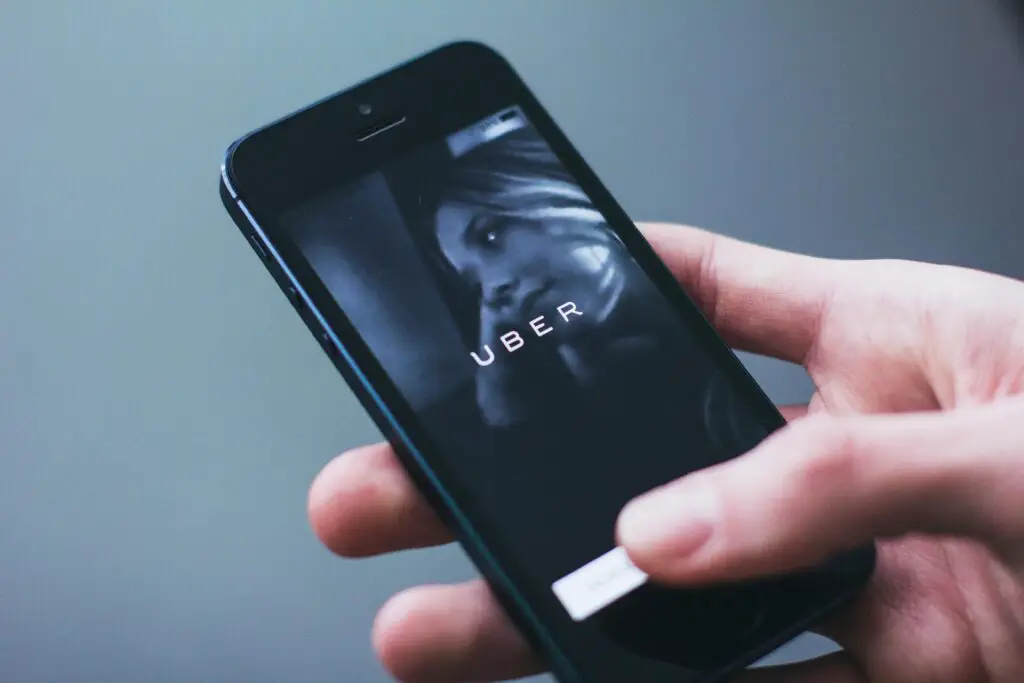This viral video shows a man walking up to an Uber car, apparently requesting a ride as one would from a taxi. The person filming the clip walks over and warns the driver that the man is an undercover cop. He claims that the cops had entrapped him, accepting taxi-like rides as a rideshare driver. In response, a nearby police officer comes over to the undercover cops. One of the undercover cops yells, claiming that the man is “interfering with a police investigation.” This incident highlights the laws of rideshare services and the legal complexities involved.
Is the cop right in this instance? Can the man be arrested for interfering with a police investigation for warning another ride-sharer? Let’s take a deep dive into the laws of rideshare services!
The Laws of Rideshare Services
In recent years, rideshare apps have become increasingly popular. Compared to the traditional taxi, they can be quicker, more personalized, and safer. They can also allow for unique ride-sharing and carpooling, a feature that beats most taxis. Most companies, such as Uber, also have strict guidelines to ensure that riders and drivers are safe and comfortable. In all cases, rules regarding our roads are fundamental in protecting our society.
One important thing to note is that both rideshare services and taxis require insurance. These policies protect the driver and rider in the event of an accident. Rideshare companies typically provide insurance coverage under their name or app.
The issue arises when drivers for a rideshare company take clients off the street without using their app. They are not legally insured to provide a taxi-like service in those circumstances, so they are technically breaking the laws of rideshare services.
In addition to being illegal and putting both the driver and rider at risk, this behavior can cause many other issues. Primarily, it takes business away from legal taxi drivers who break the rules and lessens the revenue earned by rideshare services.
For these reasons, police are keen to crack down on this behavior.
Issues With Illegal Ride-sharing

As described, offering paid rides without proper licensing conflicts with ride-sharing laws.
One of the main issues is that without a rideshare service or taxi license, there is no proper insurance to cover the driver or rider. While it may not seem like a big issue, riding in this way can put both parties at risk. If they were to have an accident, they would need to resolve any damages out-of-pocket since there would be no insurance coverage.
The issue of straining the rideshare market is also essential to look at. Most taxi drivers face decreasing wages due to competition with Uber, especially when Uber drivers bypass the app’s rules to pick up clients.
Warning Others When Police Are Near
Another interesting aspect of the video is the police claiming the man interfered with an investigation. In reality, this isn’t entirely true.
While it is true that interfering with an investigation is an offense, most places don’t see warning others about nearby police as an offense. To interfere with an investigation, you would have to interfere with the ability of police to investigate physically. You can also interfere by warning someone who the police are specifically investigating.
In the viral clip, the police run a trap for all rideshare drivers. This action is legal since they are not investigating a specific person or event. This ruling extends to many other instances. For example, many courts have ruled that it is legal for people to use their headlights or any other means of communication to warn others of nearby police safely.
Verdict on the Video Within The Laws of Rideshare Services

The clip complicates matters. Most competent attorneys would argue that this falls under alerting others about police presence. Since the undercover cops were not targeting a specific individual, warning others would not constitute interference.
Keeping that in mind, the person offering rides off of their ride-sharing app would be committing a crime. Assuming they didn’t have taxi insurance, they would be putting themselves and their rider at risk. In the end, this clip is an excellent example of how, in very complex situations, some people can be right, and others can be wrong all at once!

